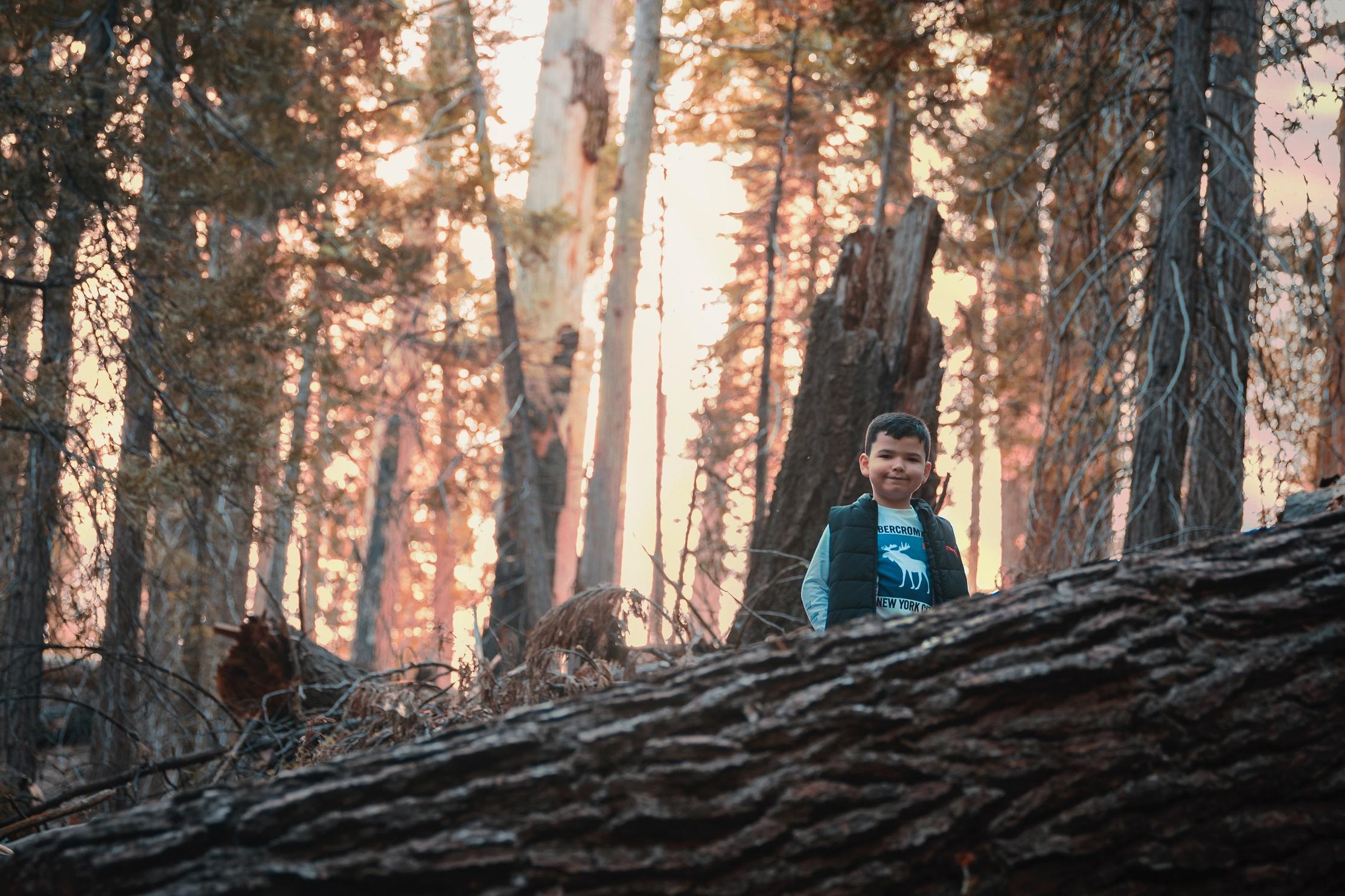- Home
- »Articles
- »Holidays
- »Summer camps
- »Is my Child Too Young for Residential Summer Camp?



Is my Child Too Young for Residential Summer Camp?
7 June 2023
Residential summer camps are available for children from as young as 6, with most taking children from the age of 8, but there is no hard and fast age that suits every child to go and stay away from home. It depends on your parenting style and the temperament of your child. Some camps last 1 night, others are for 7. If they happily go to sleepovers at friends’ houses regularly, they are likely to be fine at camp. Have they slept in a tent with you? How easily do they adapt in different social situations? You want them to have a wonderful time there and not be put off.
Talk to your child
Talk to your child about camp and what their expectations are. Is there a particular activity they are keen to try out? Do they know other children who have been? What have they heard about it?
Prepare them
There are things you can do to find out if they are ready and to prepare them. You can take them for walks in the woods and up hills. Hire a canoe for a day and take them out on open water. Make sure they are competent swimmers with regular swimming lessons. Take them camping. Going to day camps prepares them for the overnight experience. They will already have picked up various skills and know how to approach an activity with other children.
Go with someone they know
Can you arrange for them to go to camp with a sibling, a friend or a cousin? If their older brother or sister has already been they may be dying to go. Being among strange kids might be daunting at first, but they will quickly develop social skills. The face-to-face time is invaluable if they are used to being on social media rather than in person.
Learn about the camp first
It may be possible to visit the camp prior to the starting date so the child knows where they are going and has met some of the staff. Discuss your child’s apprehension with the camp provider who will have advice. Ask the camp how many of their children return year after year. Do you know anyone whose child has already been?
Will they get homesick?
Dropping your kid off for overnight camp can be difficult for parents. You need to trust that they are in good hands with experienced, fun staff. Some worry that their child won’t eat properly or like the food. Let them take a favourite teddy and pictures of family and pets they can look at if they get lonely.
Staff have ways to help children overcome homesickness. Keeping them busy is one. If it is absolutely necessary they will let the child call home and that usually resolves the issue. Camp can actually be freeing for children who are not living with their parents' anxiety or guilt. They are part of their camp community.
Ironically camp will transform your kid, resolving the issues that made you think they were too young in the first place. You want them to be independent and camp is an opportunity for them to develop this, to have experiences and build memories without you there. It will make them resilient. They will come home having conquered their fears and with lifelong new friends.
Photo by Gabriel Tovar on Unsplash
